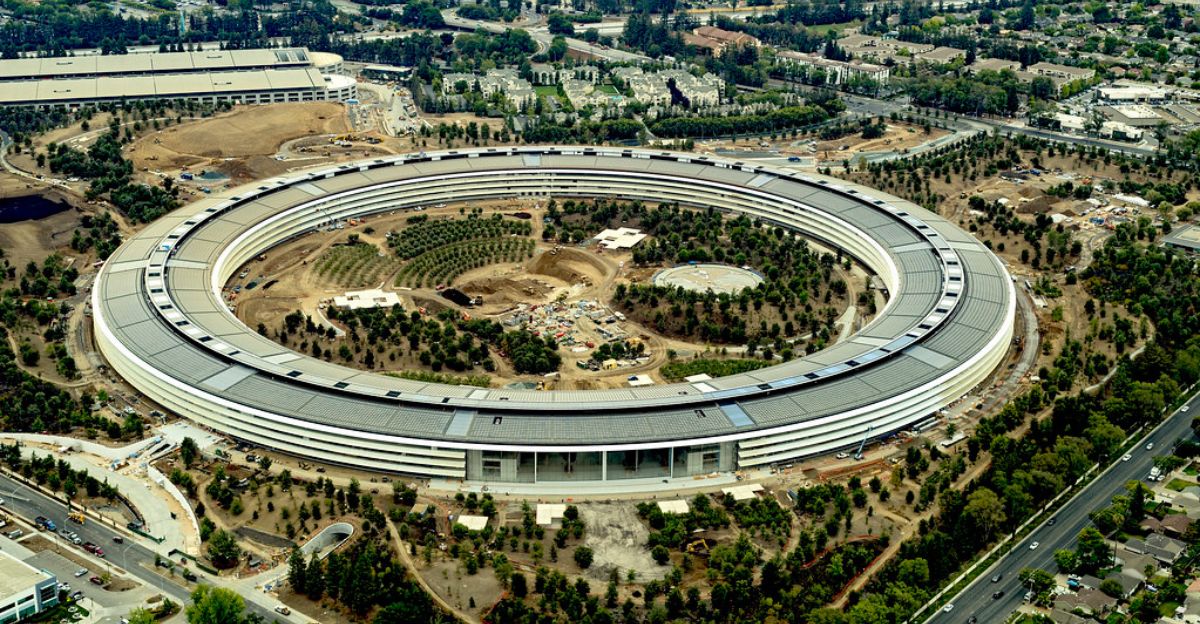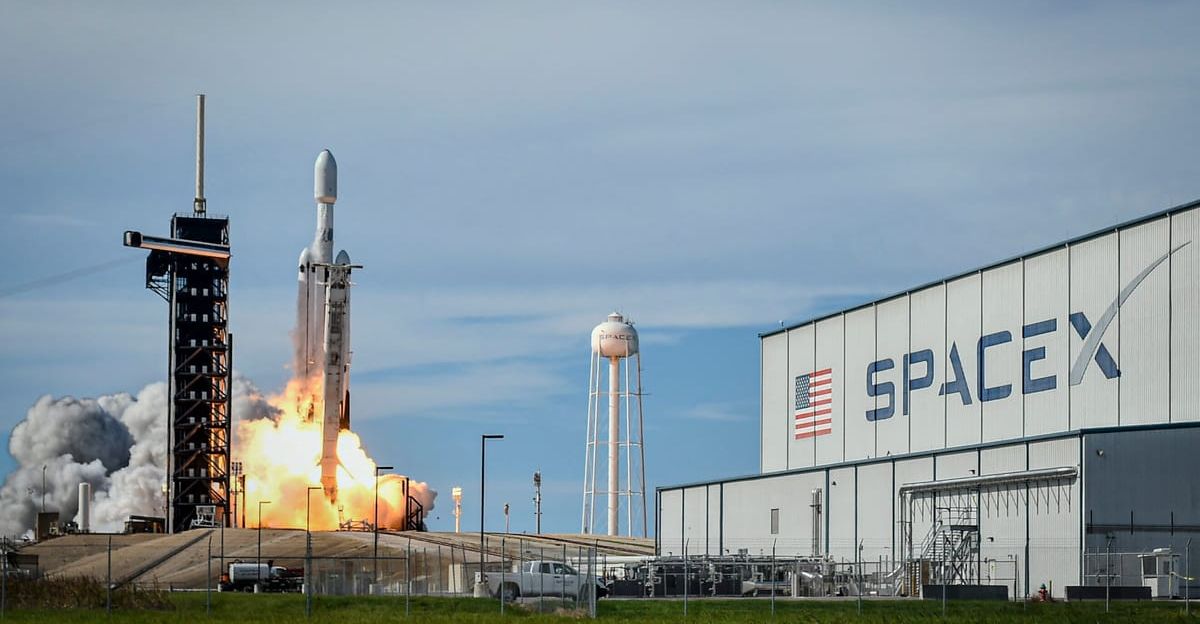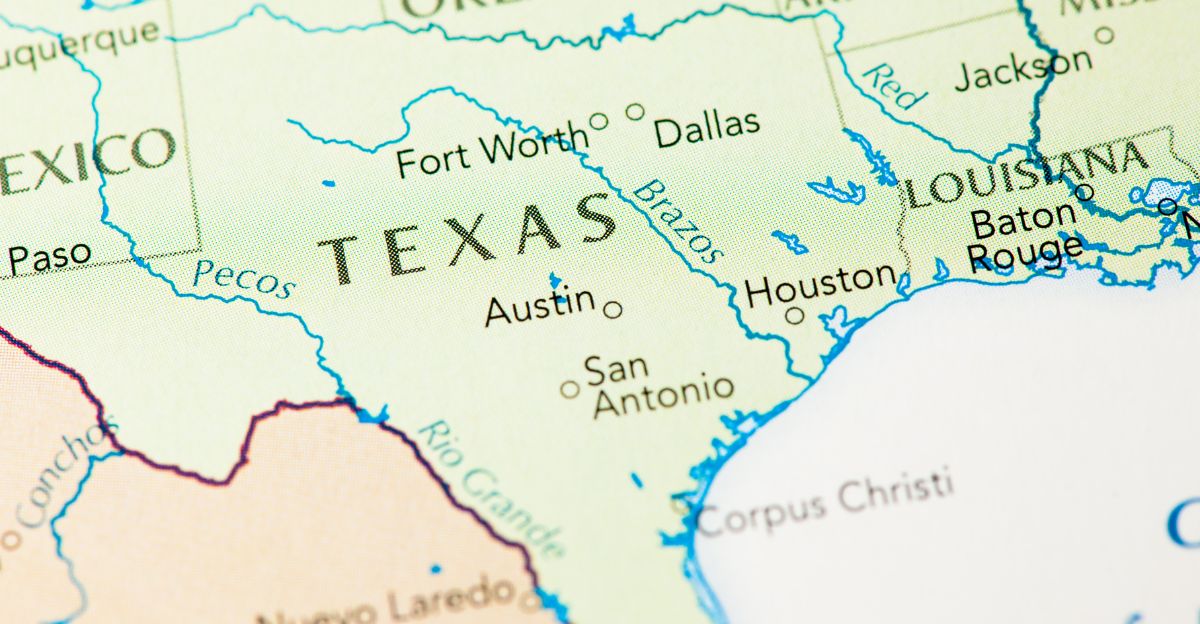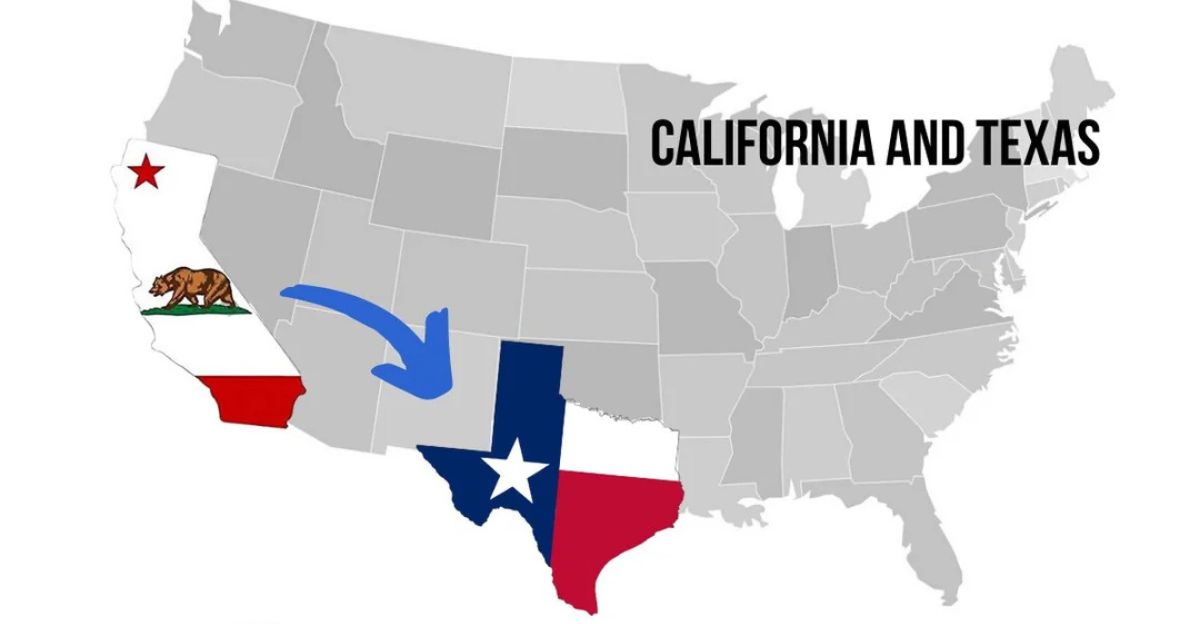
Top brands are steadily moving to Texas, displacing California, which was once the undisputed leader in corporate headquarters. A combination of social, legal, and economic factors is driving businesses to look for more business-friendly environments, so this trend is not just a coincidence.
As other states see the advantages Texas enjoys, this divergence might quicken and lead to a larger decentralization of corporate America away from conventional coastal strongholds. The Texas shift is a complex phenomenon with wide-ranging effects because of the psychological impact on stakeholders and employees, who place a greater value on political stability and quality of life.
The Development and Decline of California as a Business Center

California’s entertainment sector, technology boom, and access to international markets all contributed to its ascent to prominence in business. Due to its reputation for innovation, Silicon Valley has drawn investment and talent from all over the world. No other state has had the same worldwide cultural impact as Hollywood’s entertainment sector. However, its regulatory environment has become more onerous over the last ten years.
Its competitive advantage has been diminished by high corporate taxes, strict labor laws, and rising living expenses. California’s innovation ecosystem has historically allowed businesses to flourish there, but recent years have shown weaknesses. As a result of economic migration trends, the state’s population declined by 0.3% between 2021 and 2022, which stands in stark contrast to Texas’s 1.6% growth.
Texas’s Strategic Business Advantages: Economic Incentives

Texas’s aggressive tax benefits and economic incentives are what make it so appealing. In order to help with relocations, the state provides grants such as the $640,000 Texas Enterprise Fund given to John Paul Mitchell Systems and does not impose personal income tax. These incentives boost profitability while lowering operating expenses. Furthermore, Texas attracts talent and eases wage pressures due to its lower cost of living and reasonably priced real estate.
Furthermore, Texas offers more than just tax breaks. To speed up business setup and growth, the state actively fosters public-private partnerships, makes workforce development investments, and simplifies permitting procedures. Examples of focused initiatives intended to draw in and keep high-value industries include the Texas Enterprise Fund and the Skills Development Fund.
Regulatory Environment: California’s Policy Burden

Despite protecting consumers and workers, California’s regulatory environment frequently places an undue financial burden on companies. For instance, businesses have to manage complicated labor and environmental laws and pay for employees’ internet costs. Despite their good intentions, these policies discourage investment and lead to operational inefficiencies.
The way that social policies can impact business decisions is demonstrated by Elon Musk’s public criticism of California laws, particularly those that impact parental rights in schools. On the other hand, Texas’s employer-friendly laws reduce legal risks and compliance expenses, creating a more stable business climate. One of the main reasons for corporate defections is this regulatory divergence.
Beyond Just Direct Expenses

California’s regulatory environment is complicated. Aggressive enforcement actions and frequent changes in the law create uncertainty for businesses. For example, the energy and manufacturing sectors are subject to expensive compliance requirements due to California’s stringent environmental mandates, such as the California Air Resources Board’s regulations.
Gig economies have been disrupted, and labor costs have gone up due to labor laws like AB5, which limit the classification of independent contractors. Startups and mid-sized businesses are disproportionately impacted by these regulatory burdens, which impede innovation. In contrast, Texas’s regulatory framework places a strong emphasis on adaptability and little intervention, which appeals to businesses looking for agility.
The influence of the social and political climate on business decisions

Corporate relocations are influenced by California’s social and political environment, which is characterized by escalating crime rates and divisive cultural policies. According to FBI data, Texas saw a 4% decrease in homicides between 2019 and 2020, while California saw a 30% increase. Businesses base their decisions on worries about social stability and public safety.
In addition to crime rates, California’s labor, housing, and education policies have caused conflict with business cultures. Discussions about diversity requirements, parental rights, and school curricula have erupted into public life, occasionally alienating executives and staff. Urban livability issues are made worse by the state’s infrastructure problems and homelessness crisis. Texas provides stability and predictability by upholding a more conservative social structure.
Workforce Dynamics: The Availability and Migration of Talent

For businesses looking to relocate, Texas’s expanding urban centers, such as Austin and Dallas, and its growing population offer a wealth of talent. Texas offers more affordable living and a higher standard of living, which draws in skilled workers in contrast to California’s stifling cities and soaring housing costs. Office space construction has exploded due to the influx of businesses, but vacancy rates are still high, suggesting there is still room for expansion.
Regional labor markets are changing as a result of this talent migration. In response to business demands, Texas’s universities and community colleges have increased STEM and vocational programs, resulting in a supply of skilled workers. Companies are able to offer competitive salaries without having to pay the premium California wages demand because of the state’s lower cost of living.
High-Profile Business Decisions

The size and variety of this trend are demonstrated by the relocation of SpaceX, Realtor.com, Chevron, and John Paul Mitchell Systems. An example of the economic impact is the $12 million investment made by John Paul Mitchell Systems, which created 80 jobs in Wilmer, Texas. Strategic positioning in a more advantageous regulatory environment is reflected in Chevron’s relocation from San Ramon to Houston.
These actions also demonstrate the strategic considerations businesses make that go beyond cost reduction. For example, Chevron’s move to Houston, a major global energy center, improves its access to skilled labor and industry partners. Texas’s aerospace-friendly laws and close proximity to launch locations are key factors in SpaceX’s decision. The real estate industry’s reaction to changing market conditions and demographics is reflected in Realtor.com’s move.
Impacts of the Economic and Social Ripples Outside of Corporate Headquarters

Regional economies and social structures are altered by the second- and third-order effects of corporate migration to Texas. As Texas’s economy grows, it draws in ancillary industries, stimulates the real estate market, and raises state revenue. On the other hand, California may lose its ability to innovate, lose jobs, and have smaller tax bases. Socially, migration changes political and cultural landscapes by influencing demographic patterns and bringing in younger, skilled workers to Texas.
Additionally, Texas’s urban development is accelerated by the influx of corporations, which raises demand for housing, educational institutions, and transportation infrastructure. Although this expansion boosts economic activity, it also puts a burden on public services and brings up issues of inequality and sustainability.
Is Texas Gaining from California’s Loss?

Although Texas gains, sustainability and equity are called into question by this migration. Texas’s fast expansion puts a strain on public services, housing, and infrastructure, possibly reproducing California’s problems on a larger scale. Furthermore, Texas’s laxer regulations could raise labor and environmental issues, which would raise moral dilemmas regarding the compromises businesses make in order to save money.
Furthermore, even though Texas is a business-friendly state, businesses that care about environmental sustainability and social justice may run the risk of damaging their reputation. Corporate ethics are being closely examined by activist investors and consumers, so moving to a state with laxer regulations may draw criticism.
Corporate Relocation’s Strategic Imperative

Top brands are continuing to move from California to Texas as a strategic reaction to social climates, regulatory frameworks, and economic realities. Texas offers businesses looking for stability and growth an alluring environment with its low taxes, pro-business laws, and expanding talent pools.
The future of corporate America will be determined by which states are able to strike a balance between social responsibility and economic competitiveness. To maintain its innovation advantage without offending companies, California needs to innovate in governance. To avoid repeating California’s mistakes, Texas needs to manage its growth in a sustainable manner.